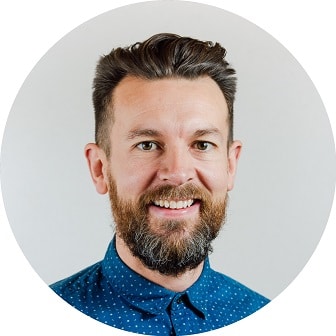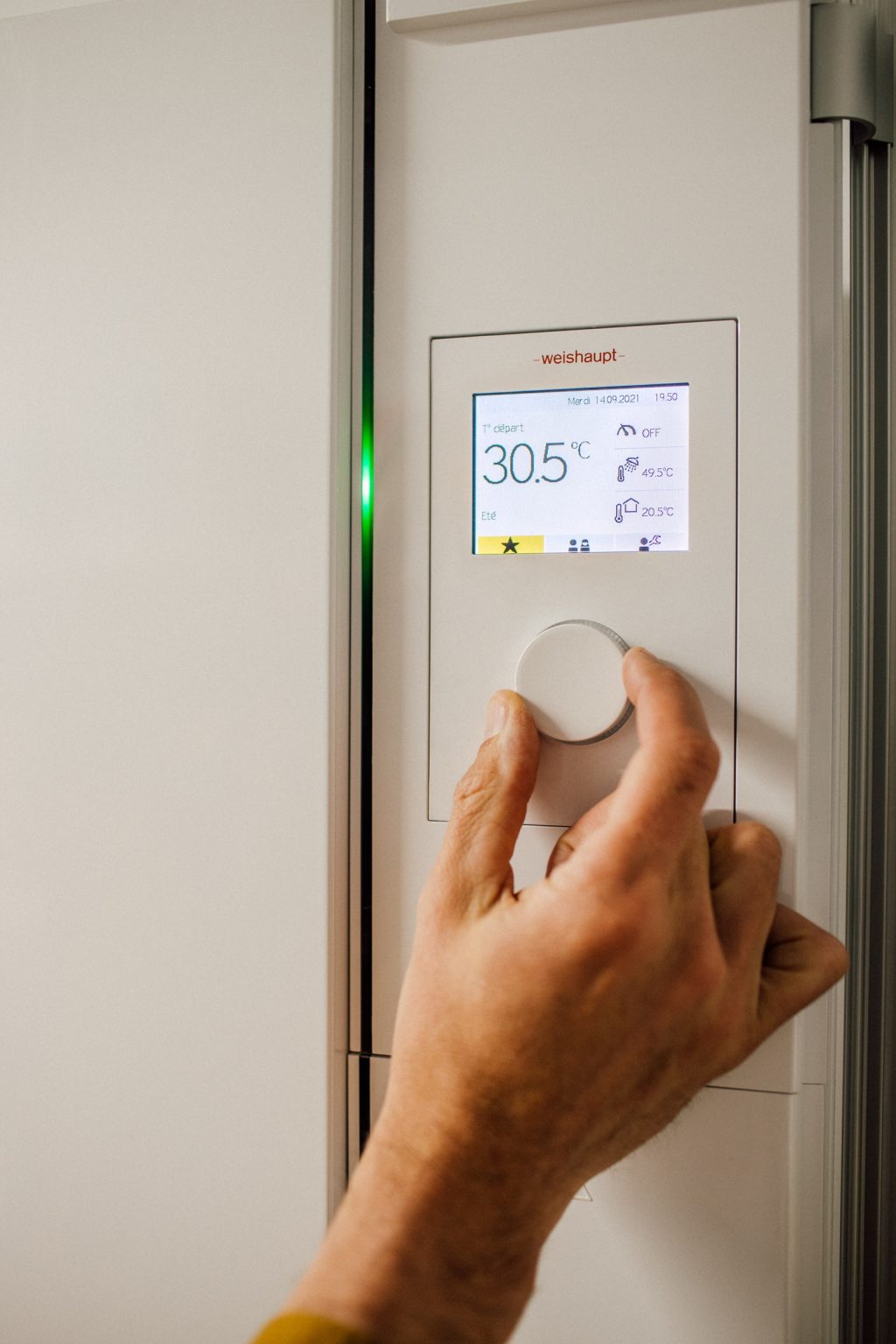
Headaches, hurdles and hope: Climate action behind-the-scenes
Last year we made a commitment to develop a climate action plan and improve the transparency of our work in this area. A year in we share the details.
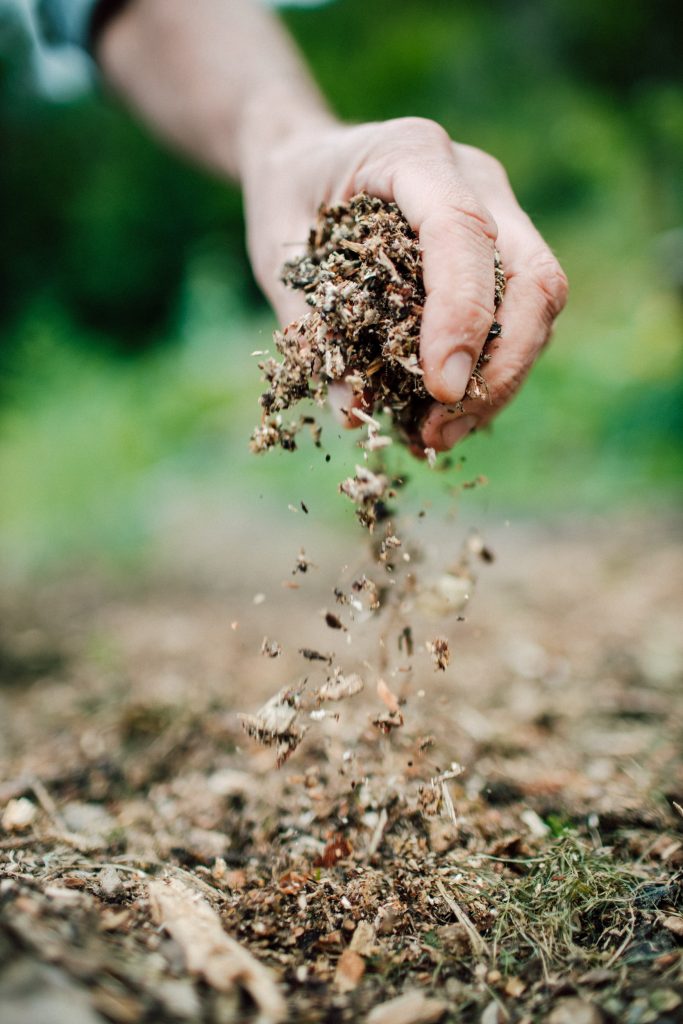
Background
We first created our environmental policy back in 2017, it included, among other things; meat free Mondays, minimising food miles and inventive ways to reduce plastic. This felt positive and forward thinking, we were a business that cared and would do our bit.
Fast forward three years and we were dealing with a global pandemic, life and business had ground to a halt and we were forced to shut our doors. Meanwhile, scientists were sounding the alarm once more that the biggest threat to human kind is climate change (the affects of which could easily dwarf that of a single deadly disease). Things did not feel so positive any more.
With lockdown giving us pause, we took the time to read, to research, to get informed and figure out how we would initiate a climate strategy that would see us reduce emissions in line with a 1.5°C future.
Having just released our first ever Annual Climate Report, here we will attempt to summarise the first year into this plan, sharing some key highlights, learnings and re-renewed pledges for the year ahead. We will try to include some resources that may be beneficial to those on a similar journey and please feel free to get in touch to share ideas and tell us what you think at al@alikats.eu.
Key events and learnings
Carbon tracking
We need to know where our emissions are coming from so we can understand how to reduce them. Much of the first year of our Climate Action Plan has been about establishing accurate environmental measurement and accounting systems. This process has been absolutely painstaking at times, but totally essential and has set us in good stead for creating robust sustainability processes now and into the future.
We identified our key carbon sources – transport, accommodation, waste and food provisions – and estimated emissions (using tools such as the ADEME carbon coefficient tool). These baseline figures gave us a starting point for our strategy.
By the 31st May 2022, we had completed a full year of environmental accounts (which are included in our end of year climate report). We now know where to focus our efforts for the year ahead.
We intend to get even more granular with this process and introduce a monthly environmental accounting system. This means when each invoice hits our books, we account for it both financially and environmentally at the same time so that we have an up-to-date picture of our progress at any point in time.
Our focus is to methodically strive for further CO2 reduction within our company and supply chain, however where we haven’t been able to reduce our emissions, we are investing in carbon reduction projects with French non profit organisation Foundation GoodPlanet. These environmental and social field projects include the construction and monitoring of biodigesters, solar cookers and improved stoves in Asia, Africa and Latin America.
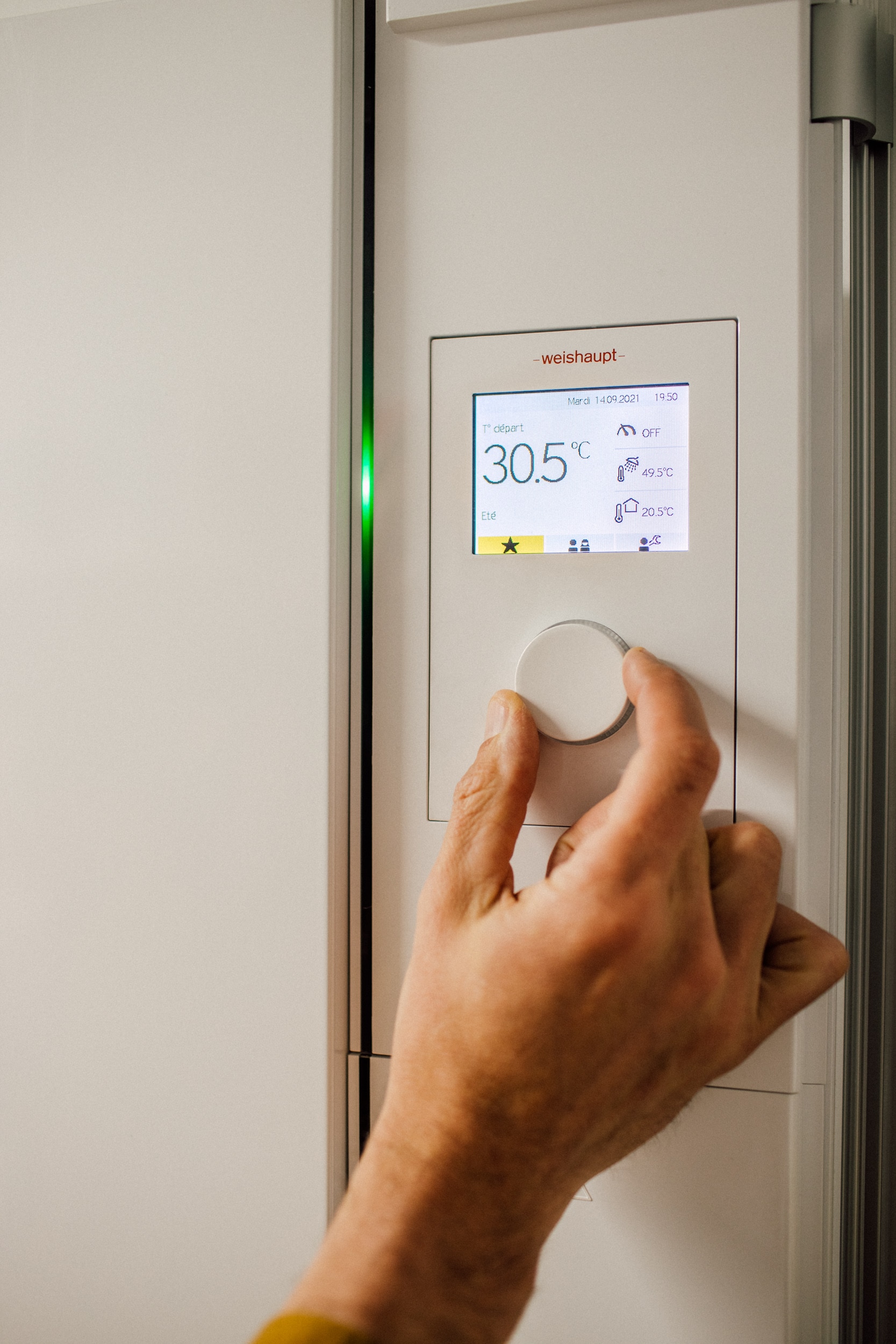
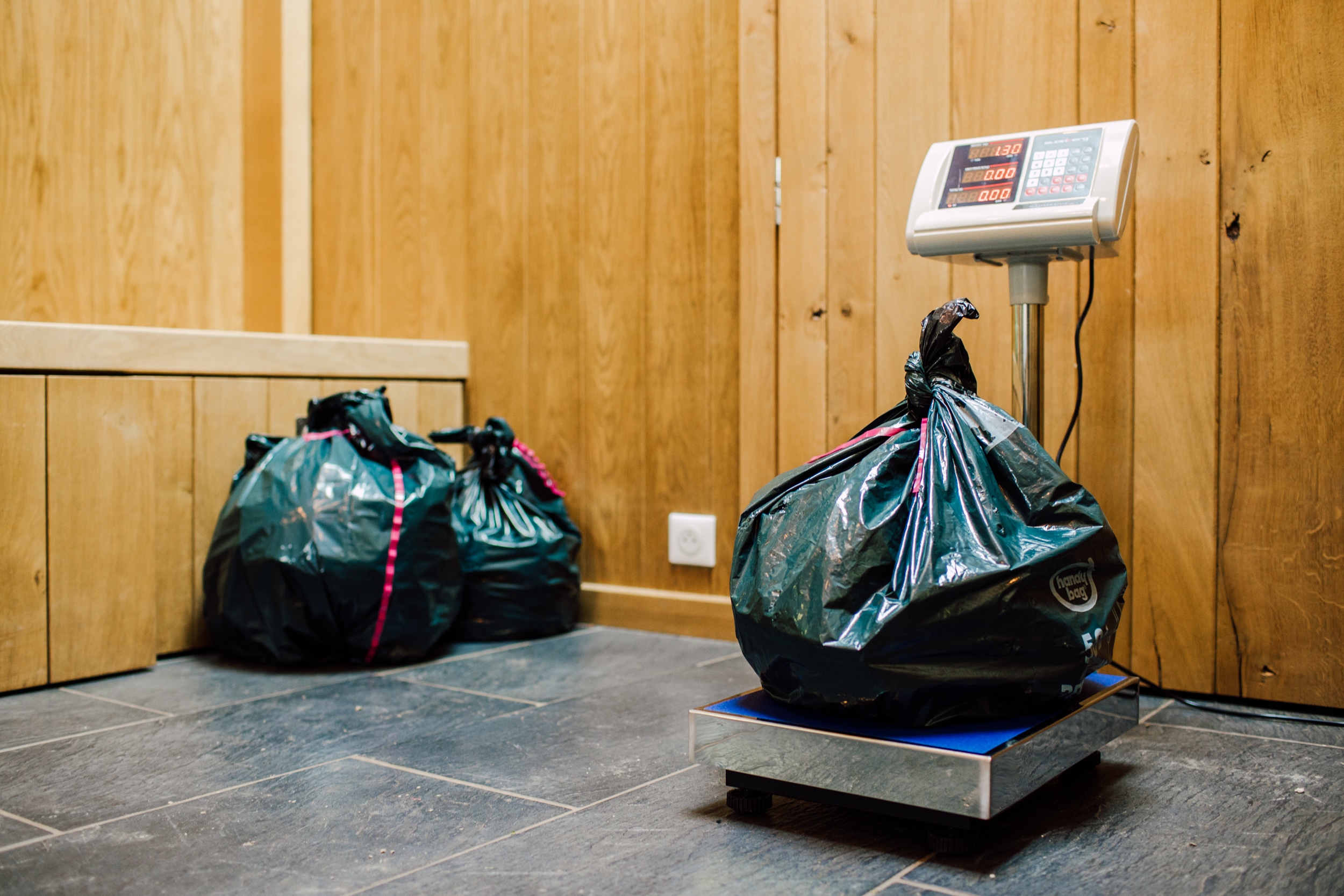
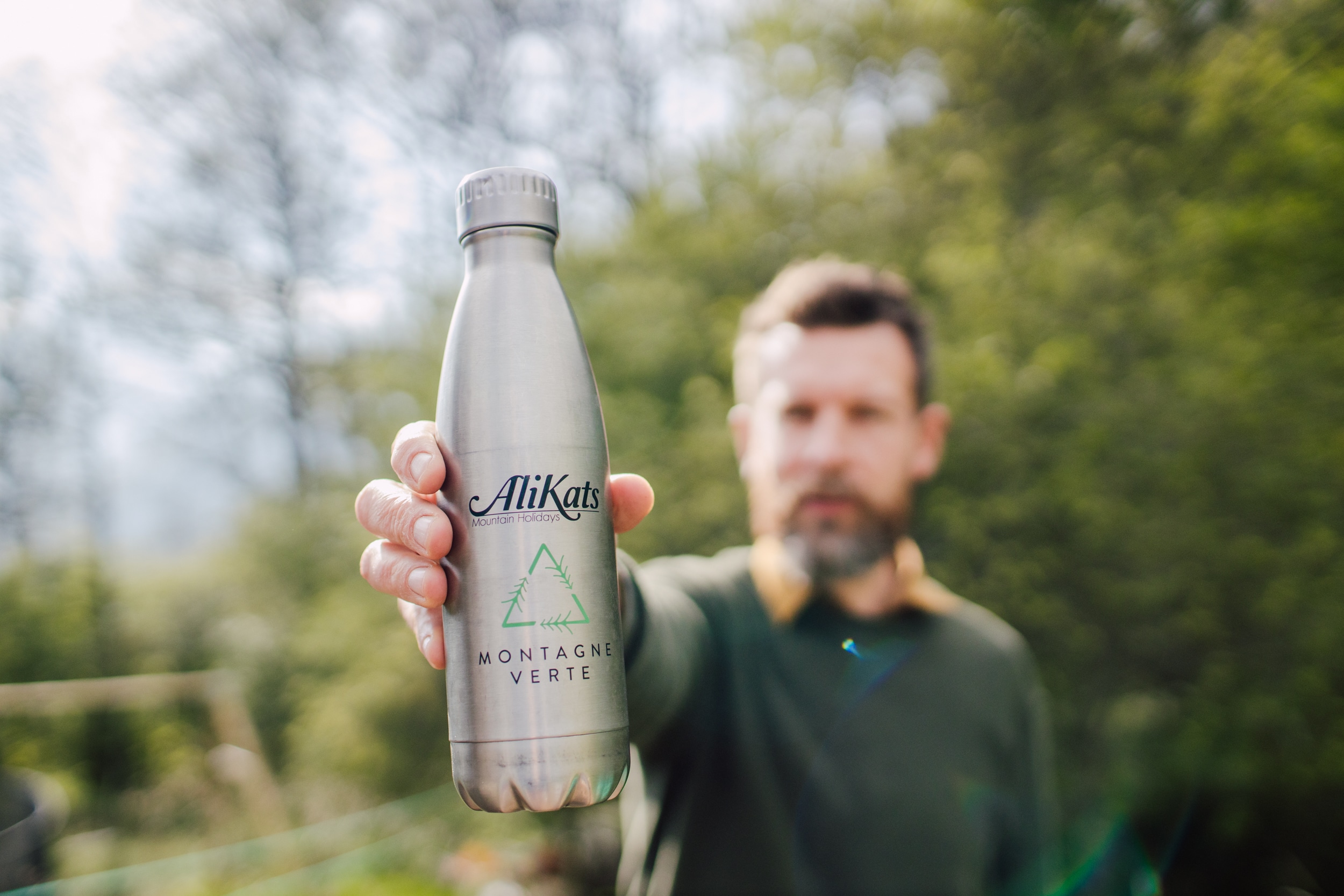
Measuring waste
Getting precise with our waste output has been another major learning curve. We began weighing our waste to provide accurate calculations of how much waste our business produces, broken down by general waste, recyclable waste (tin, plastics and cardboard) and glass waste.
Originally, we measured waste across the business everyday. Whilst our team are on board with our environmental efforts, it soon became apparent that the process of separating and weighing waste was too time consuming to be completed every time our chalet hosts took rubbish to the bins.
Instead, we created a data sample across two weeks in March 2022, where every single piece of waste from our catered chalets (and central kitchen) was measured. This allowed us to work out the average waste per guest per night. We then calculated the total number of guest nights for the winter season and this allowed us to accurately calculate the total waste for the winter for our catered chalets.
The waste generated by our self catered chalets is a tiny fraction of our catered chalets and our approach here has been very similar except that we measure waste based on the number of bookings rather that the number of guest nights.
We have partnered with Nu Cycle to invest with them in a series of projects that will offset our waste so that we will be waste neutral later this year. In the year ahead we will continue to measure waste and to find ways to reduce dirty waste and plastic that can’t be recycled.
Pledges for the year ahead
Our 2022/23 Climate Action Plan continues to work on reducing our Scope 1 direct emissions and Scope 2 owned emissions whilst moving further into the reduction of our Scope 3 emissions, specifically those associated with the businesses and partners that supply us and our guests with goods and services. Here’s a summary of our climate pledges for the year ahead:
Incentive packages
Create incentive packages that help guests reduce the impact of their holiday and reward those who choose sustainable travel and holiday options, including:
◦ opting out of having a hot tub
◦ travelling to the resort by train
◦ selecting a plant-based menu
Meat
Cut the amount of meat on our catered menu by 10%. We will estimate the amount of meat served per person per week in grams and cut this down by 10% across our 2022-23 catered chalet menu.
Food traceability
Develop a framework to improve traceability and measure the impact of the food we purchase. This will involve:
◦ Documenting our current purchasing activity
◦ Assessing each food item on environmental, animal and human welfare standards.
The objective is to use this framework to be more transparent and make more sustainable purchasing decisions which will lower the carbon footprint of our food production.
Hot tubs
Cut down the eco footprint of our hot tubs. There is no escaping that the heating and cleaning involved in maintaining year-round hot tubs in our chalets is energy and water intensive. We’ve identified several ways to reduce this:
• Cut down on the overall use of hot tubs through the introduction of an ‘opt out’ option for guests booking winter holidays, and an ‘opt in’ option for guests booking summer holidays. Reward guests who choose eco-friendly options with discounts or benefits.
• Improve information in chalets to help guests reduce heat loss, keep tub water clean and avoid mid week water changes.
• Introduce a fee for mid week water changes to encourage guests to look after the water, and specifically shower and remove sunscreen before entering the hot tub.
• Improve drainage system to ensure dirty water is responsibly disposed off. In particular one of our chalets needs the drains improved so no dirty water escapes into the environment.
• Investigate and install eco-friendly features to hot tubs, such as better hot tub lids, energy efficient pumps and filters, low energy LED lights, energy measurement devices.
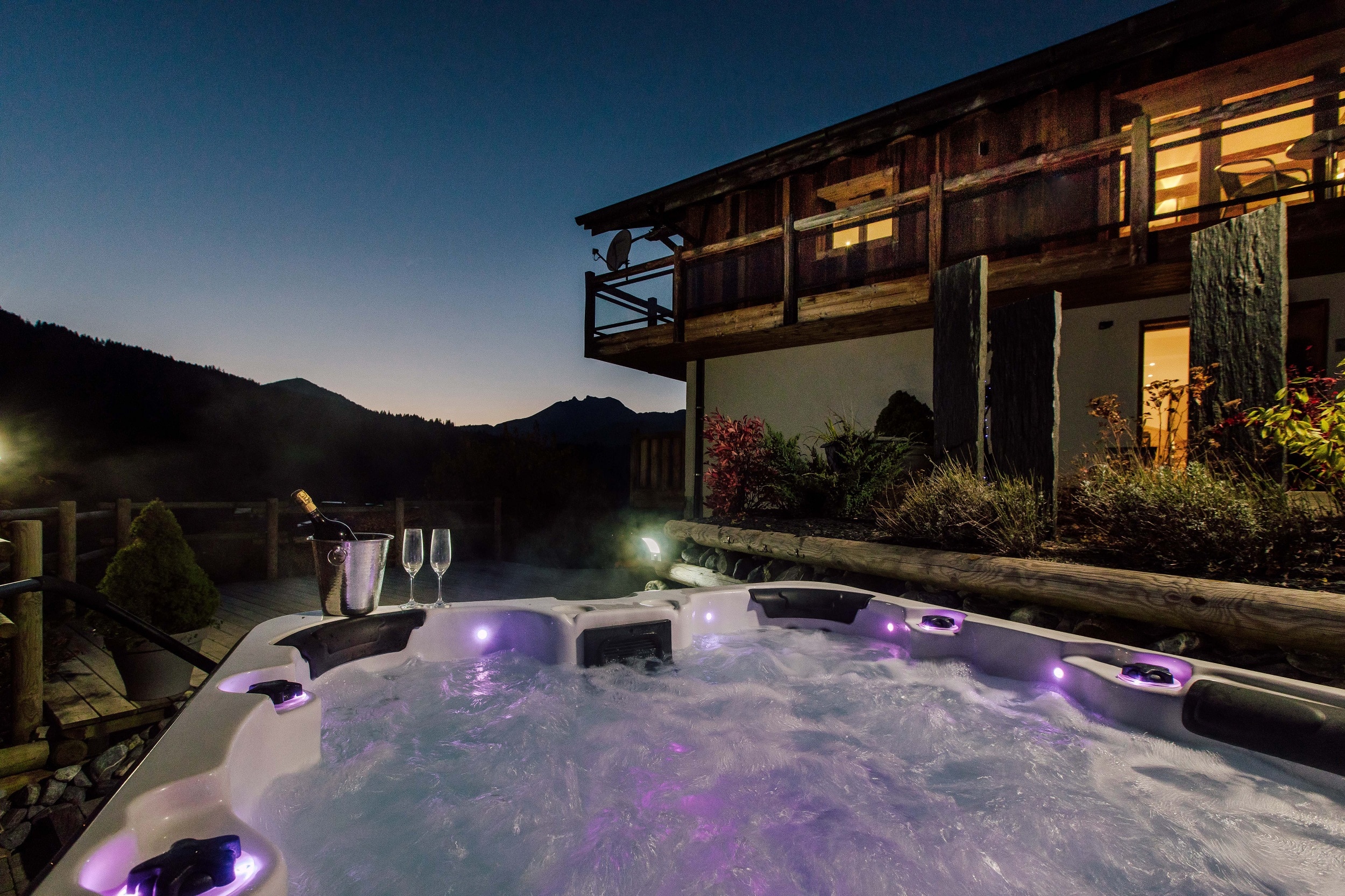
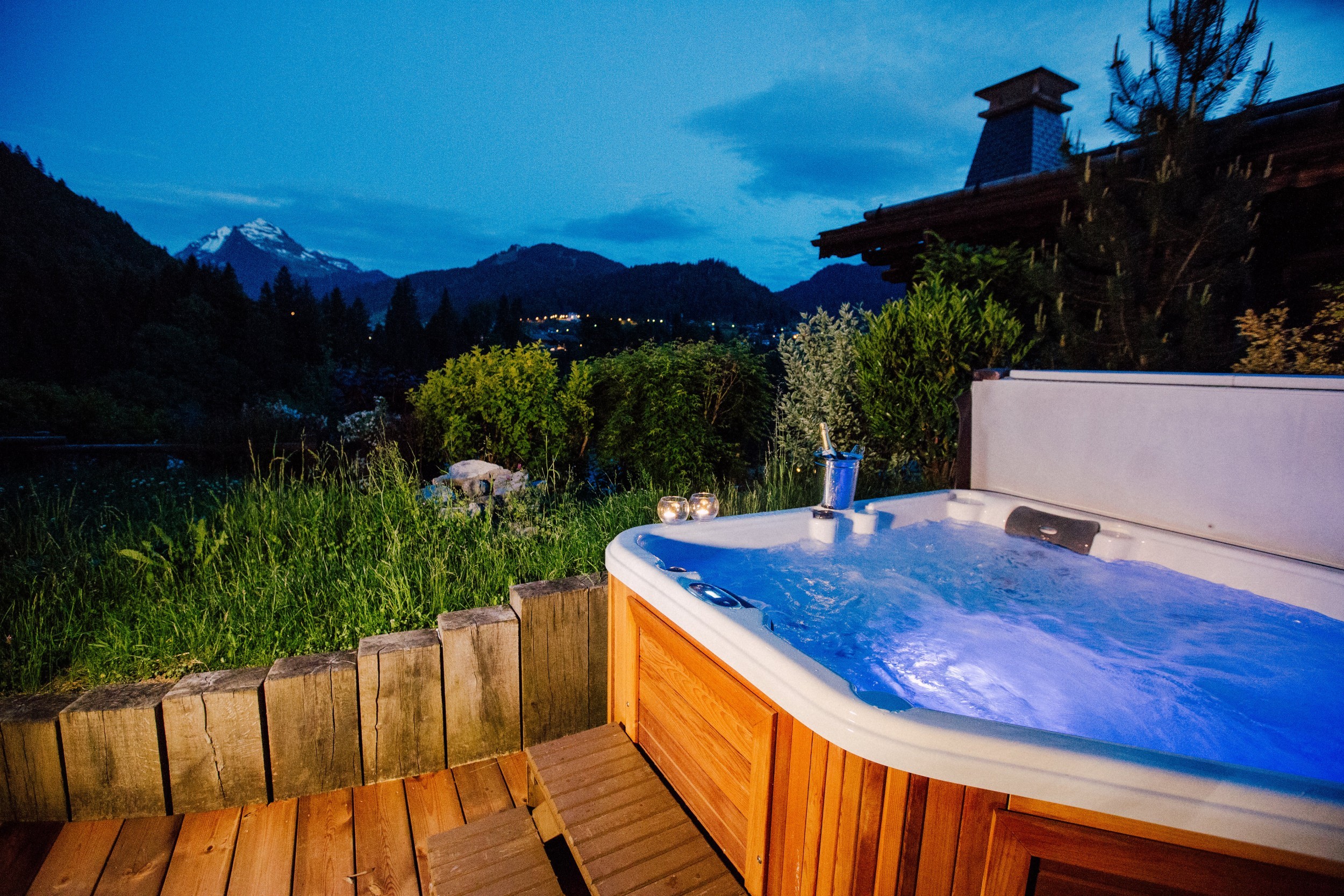
Waste in self catered chalets
Reduce waste and improve the recycling system in our self catered chalets by:
• providing composting instructions and bins for guests to use
• increasing the number of reusable shopping bags and food containers
• making recycling instructions clearer
Transport
For in-resort operations we purchased an extra electric vehicle in 2021, and now use a Skoda Enyaq and Renault Kangoo ZE for food deliveries and general staff transport around the resort.
Our guest driver service presented a bigger challenge, due to the global supply chain of electric minibuses making it impossible to purchase one. However, the outlook for this situation is steadily improving and in the coming months we intend to increase our fleet of electric vehicles with the purchase of an electric mini-van for slope runs and general transport of guests around the resort.
Procurement
We will not buy any goods from Amazon. Online shopping company Amazon’s climate emissions grew 19% in 2020 and are reported to be similar to Switzerland or Denmark’s. We want to avoid supporting the growth of this giant company, which is exploitative and monopolistic in nature and damaging to people, local economies and the environment.
We pledge to increase the sustainability of our procurement strategy by standardising a system across the business, which prioritises:
• repairing goods (over buying new)
• purchasing goods second-hand
• buying from local businesses and services
• purchasing from socially just and environmentally responsible businesses
• This includes white goods, whereby the The Repairability Index – the French system which awards a score based on the ease of repairing electrical and electronic items – will be taken into consideration before purchasing.
You can read all of our pledges here.
Is the chalet girl a myth in 2024?
What is a chalet girl, and does the role still exist in 2024? Find out more about the role of a chalet host in a luxury ski company in Morzine, France.
Continue reading...Summer 2024: What’s new and not to miss in Morzine
Get fresh ideas and insider tips on how to spend your Morzine summer holiday in 2024. From new activities and off the beaten track adventures, kids bike and activity camps, to beer gardens and outdoor dining, we’ve got summer in the Portes du Soleil all sussed out.
Continue reading...The Fun Guide: Where to Ski with Kids in Morzine
Family skiing holidays should be fun, so to help you discover the best skiing in Morzine with kids, we’ve put together this handy guide for your next skiing holiday. Here you’ll find our best tips on where to ski as a family – from tiny tots to teenagers, we’ve done your…
Continue reading...Working towards carbon neutrality: How our guests’ carbon contribution is making a difference
If you’ve booked an AliKats holiday over the last year, you may remember a carbon neutrality transport contribution being added to the cost of your holiday. Here we explain why we introduced that contribution, what it amounted to and what it means for the planet. Minimising our carbon footprint is…
Continue reading...
